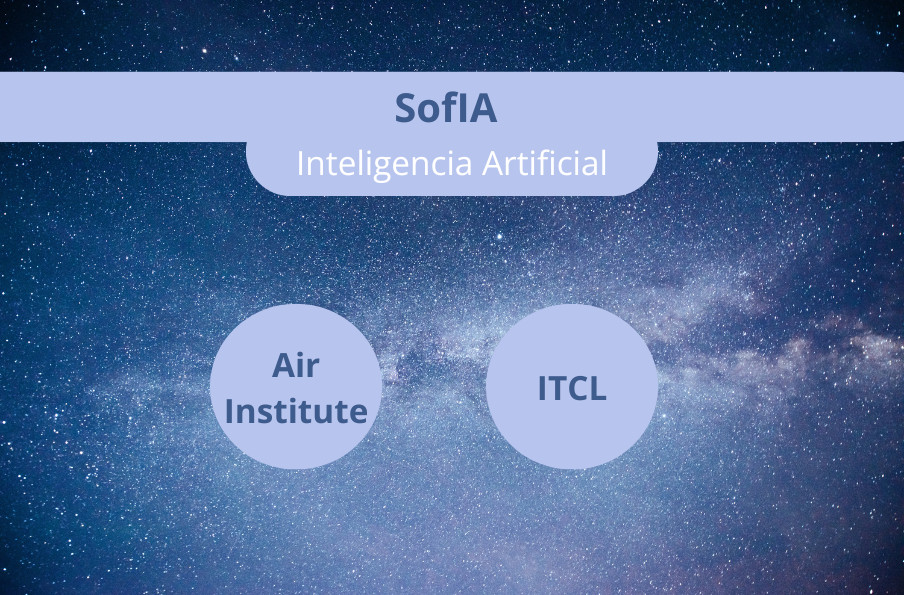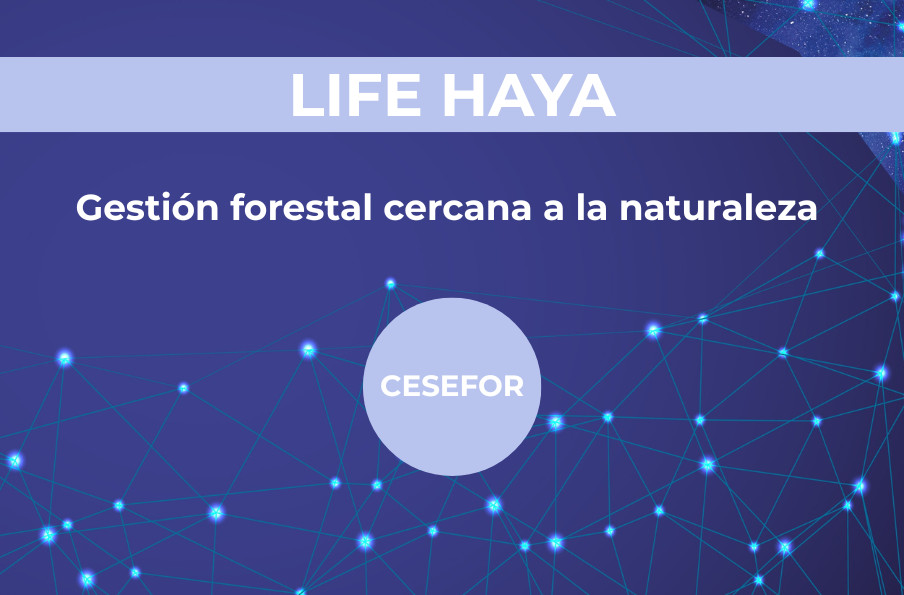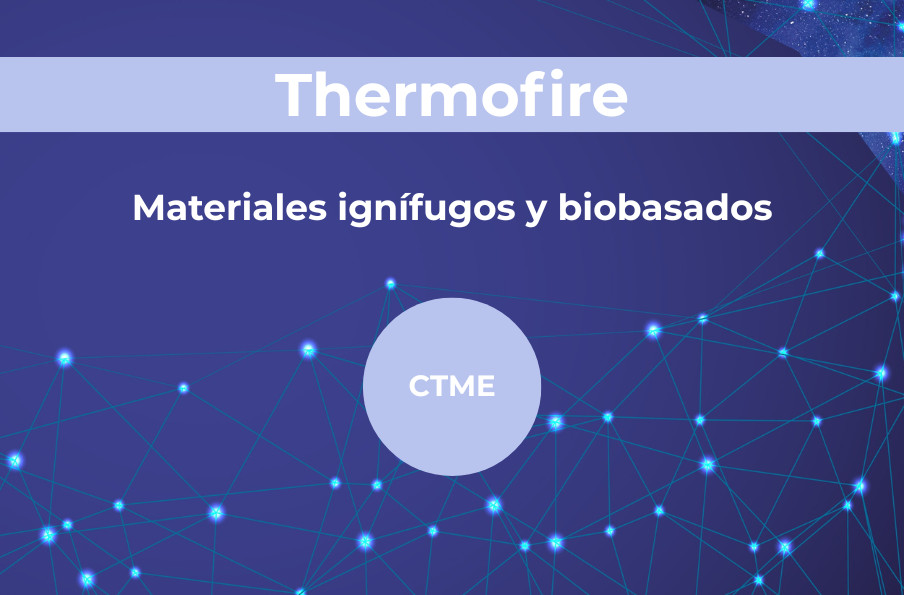Sustainability is a critical and multifaceted issue that encompasses disciplines in which the Technology Centers of Castilla y León work day after day.
To write about sustainability is to write about a topical issue that concerns all sectors of activity and involves almost all known technologies. The sustainability paradigm focuses on the development of solutions that can be sustained in the long term without depleting resources or causing negative impacts on the environment and society. It is precisely in this sense that technological disciplines, such as those handled at the Technology Centers of Castilla y León, play a crucial role.
Sustainability is not limited to artificial intelligence, cybersecurity, Smart Cities or bioinformatics.
Sustainability is also synonymous with challenge. The importance of sustainability becomes clear when we look at how the European Commission is determinedly pushing ahead with the EU Directive 2022/2464 1This directive reflects objectives in line with the reorientation of capital flows towards sustainable investments, the management of financial risks arising from climate change and the promotion of transparency and long-term sustainability in financial and economic activity.
In essence, and with a strong economic and social sense, the proposal is to present corporate information on sustainability in accordance with the European Sustainability Reporting Standards (ESRS).2. And it is at this point, in the midst of the scrutiny following the transfer to the European Parliament and the Council of the ESRS delegated act, that the implications of the ESRS on the reality of what an organization does and is with respect to the information it is going to present can already be observed.
The key role of sustainable activities committed to the future
Within this information, in addition to general requirements, it is necessary to highlight the report regarding pollution, the use of resources and circular economy, the work developed in favor of possible affected communities, the business conduct or the involvement of workers in the value chain and the work developed on consumers and end users, among others. In this sense, the activity of support and valorization of the technology used by the Technology Centers of Castilla y León plays a fundamental role in promoting activities committed to the future.
Finally, it is noteworthy that the determination to advance in sustainability is not only a European issue; there are different organizations and institutions concerned about the immediate future, such as ISSB.3 or GRI4. All this, together with the above, results in a clear foregrounding of the most advanced technology, which undoubtedly benefits, also in terms of sustainability, companies and society.
Javier Parra Domínguez
Head of the Economic Area of the IoT Digital Innovation Hub – AIR Institute
[1] https://eur-lex.europa.eu/legal-content/ES/TXT/?uri=CELEX%3A32022L2464
[2] ESRS – European Sustainability Reporting Standards
[3] https://www.ifrs.org/groups/international-sustainability-standards-board/
[4] https://www.globalreporting.org/how-to-use-the-gri-standards










